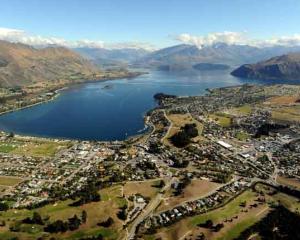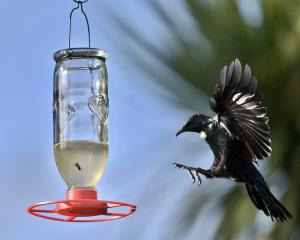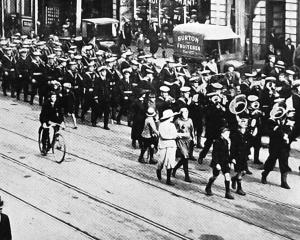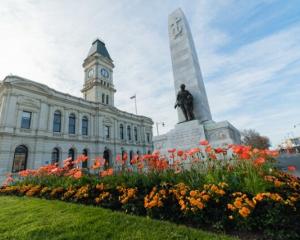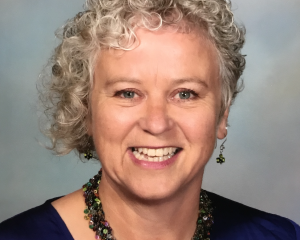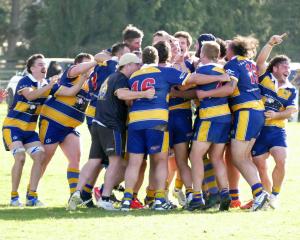
In the 1970s, public prayer was a given in the state high school I attended, where we would have three assemblies a week, each with a prayer, a bible reading, a hymn and then we would all recite the Lord’s Prayer.

Despite this change, the use of different forms of prayer, karakia and inoi are widespread.
On one day last week I was part of five karakia, all in the Māori language.
The first, a hui was opened with a Pai Marire karakia (a religion that combines traditional Māori and Christian elements). The second was a traditional tauparapara, calling people together in a speech of welcome. The third was a thanks to the Māori gods for the food we were about to eat. The fourth was to open a lecture on the Treaty of Waitangi that was to no deity at all, but was an affirmation of positive words and the final was the Christian benediction to finish that same lecture.
Te Rangi Hiroa (Sir Peter Buck) explained that traditionally karakia were composed "to meet every conceivable contingency in human life and they cover a range which exceeds the bounds of religion". Their purposes were to "obtain benefit or avert trouble". They were part of Maori religious practice but were not always religious in nature.
I have tried to give my social work students a practical approach to dealing with karakia. In the papers that I teach on the Treaty of Waitangi and on competency to work with Māori, I have always opened and closed the class with karakia (or inoi depending on your persuasion).
The justification has been that it is standard practice in the Māori community to open and close gatherings with karakia and that social workers need to learn how to behave appropriately in these situations.
In fact, as social workers, they may be occasionally expected to perform this ritual, especially if they have called the meeting. I tell them that the expectation is that they remain respectful, they don’t have to participate with an "amen", or a "tāiki e", "ae" or "pai marire". There have been many times when even I have heard prayers that I might not be comfortable with. The essential part for those who don’t believe in the god that someone else is praying to, is instead to acknowledge the kaikarakia, the person doing the praying, usually with a friendly "kia ora".
At a marae you will often hear people acknowledge the kaikarakia as part of their mihi. For some, this is not because someone has rendered a token act of service — it is because they have become an intermediary between the physical and spiritual world and in doing so may have made themselves vulnerable in the process.
In traditional thought, the kaikarakia were the ones who stood between the people and the gods and so presumably could suffer the consequences if the karakia was not done correctly.
One of the biggest transgressions is to whati, to break the rhythm or worse, forget the words. It can be humiliating, and I remember once getting it wrong and the disapproving looks were measurable; presumably because it didn’t make them feel that they could trust me to keep them safe.
Essentially, many Māori feel safer when they know that an event is marked by karakia at the beginning and end of an event. It implies that process will be done properly and not be tokenistic and they can let some of their defences down and have greater freedom to engage.
As to why the University of Otago has instituted karakia in some of its meetings, I believe it was first requested by some Māori staff to both create that sense of safety but also, I think, to ensure that Māori issues weren’t swept under the carpet and so was a political, as well as spiritual, practice.
Many staff use the karakia to practise their Māori language pronunciation, and others see the opportunity as creating a more accepting environment to Māori involvement within the university.
Some object to various forms of karakia because of the deities that are invoked or the sentiments that are expressed.
However, my concern is that they can become formulaic and tokenistic — where organisations will point to specific acts that give the impression of including Māori but, in actual fact, the decision-making processes and outcomes of those decisions remain unaffected
— Dr Anaru Eketone is an associate professor in the University of Otago’s social and community work programme.

